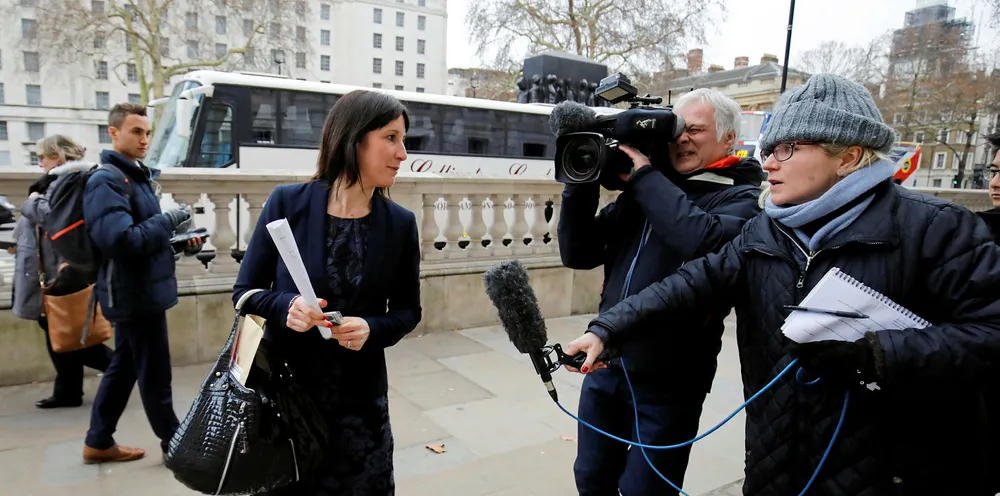MPs probe UK energy gap as offshore wind goal branded 'woeful'
Lawmakers launch inquiry into 'giant hole' left by shelved nuclear plants amid warning offshore wind target won't fill it

Lawmakers launch inquiry into 'giant hole' left by shelved nuclear plants amid warning offshore wind target won't fill it
